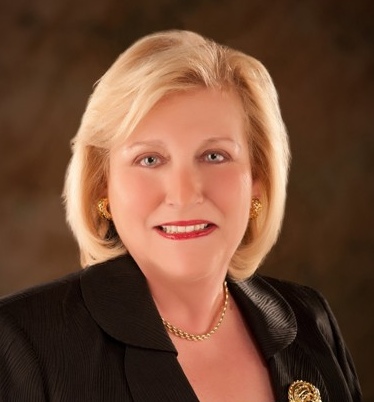New White Paper Outlines How Advisors Should Handle Pending Regulatory Changes to Fiduciary Definition
| By Fórmate a Fondo | 0 Comentarios
Pershing released a white paper on the pending regulatory changes for fiduciaries and the potential impact on how advisors manage IRA rollovers. The white paper, “Pursuing Rollovers in an Evolving Regulatory Landscape” provides insight into the anticipated regulatory changes that will modify the definition of a fiduciary. Pershing has released this white paper to help guide advisors on how they can accommodate these rules as it pertains to IRA rollovers and continue to deliver services to their clients.
IRA Rollovers are a critical client need as well as an important part of the advisory business. As the “Baby Boomer” generation retires, advisors will need to help manage the transition of billions of dollars from retirement plans into rollover IRAs. At the same time, retirement plan distributions and IRA rollovers are becoming more regulated by the Department of Labor (DOL) which will require advisors to be knowledgeable about the regulatory changes to come.
“It is important for advisors to understand the complexities of the regulatory environment,” says Robert Cirrotti, director of retirement solutions at Pershing. “Being knowledgeable of the current and pending regulations that will affect the definition of a fiduciary is essential for advisors. These new definitions require advisors to understand when they are considered a fiduciary and when they are not.”
As the DOL works on regulation to expand the definition of fiduciary advice, more advisors could be subject to regulation by the Employee Retirement Income Security Act (ERISA). According to the paper, advisors who are not fiduciaries can help participants with distributions and rollovers. For those who are fiduciaries, or who become fiduciaries under the expanded definition, the DOL interpretations mean that advisors should consider a prudent approach for assisting clients with rollovers, including:
- Clearly defining the fiduciary services provided to a plan so as not to include rollovers
- Ensuring that the decision to take a distribution and to rollover an IRA is the participant’s decision
- Offering clients unbiased educational materials regarding distribution alternatives and rollover services
- Providing written disclosure of fees and expenses for the IRA and its investments, as well as the advisor’s compensation
If regulations change to expand the fiduciary definition, it will focus more attention on an advisor’s fiduciary status with regard to a plan or participant. Because it is not possible to predict what the rules will be once they are finalized, advisors should always consider their current practices based on the current regulatory environment until pending changes are clear.
Pershing partnered with Fred Reish, a nationally recognized ERISA attorney and retirement plan expert, to develop the white paper. To obtain a copy of the white paper, “Pursuing Rollovers in an Evolving Regulatory Landscape”, you may visit www.pershing.com.
Fred Reish and Bruce Ashton also authored a White Paper for J.P. Morgan Asset Management titled “Fiduciary implications: Using re-enrollment to improve target date fund adoption” to provide advice and to give an opinion regarding the ERISA fiduciary implications of using a re-enrollment strategy when adding target date funds to an investment line up, which is accesible in pdf file through this link.









